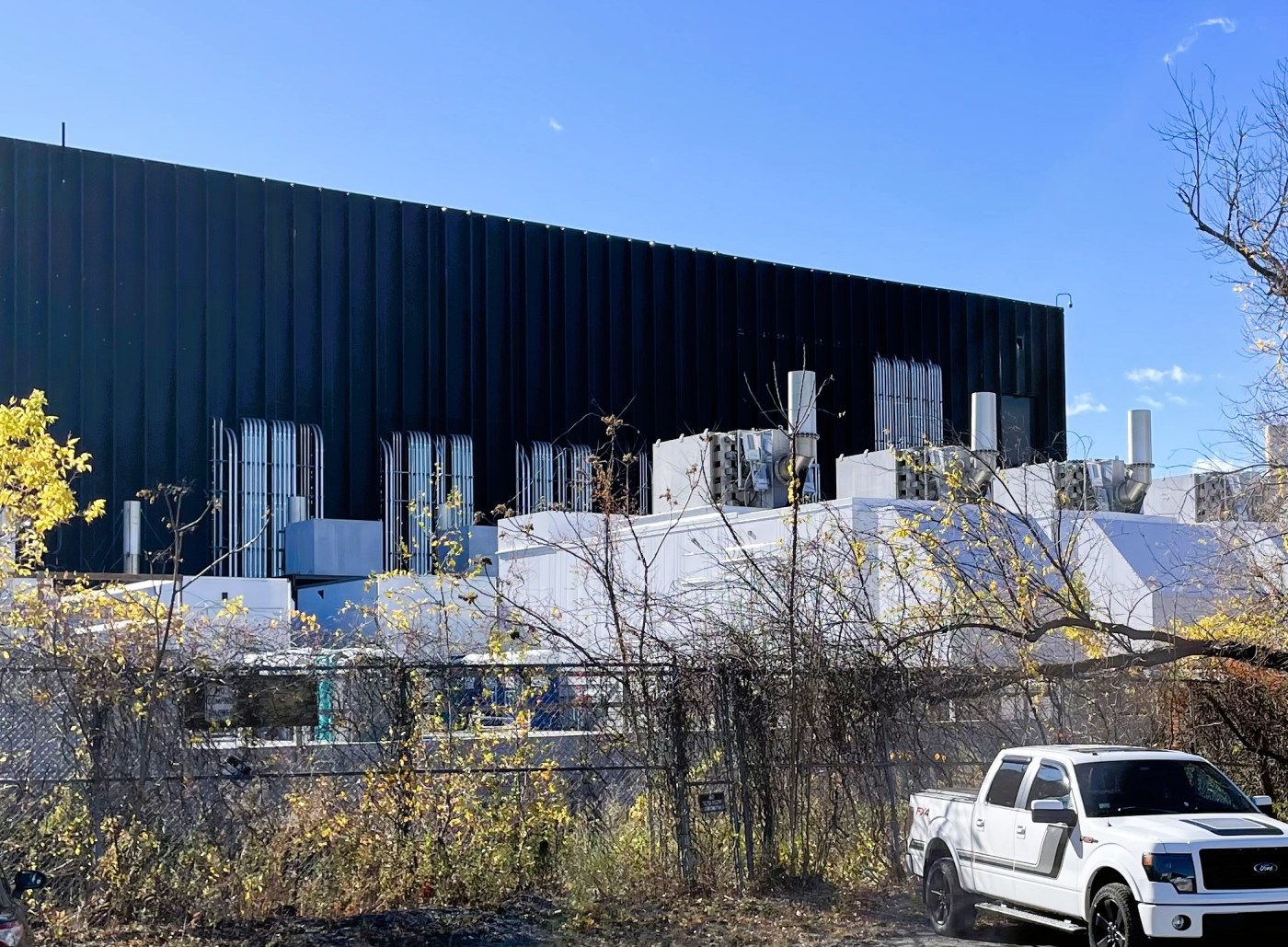The Department of Homeland Security (DHS) recently arrested 130 individuals in a significant operation in Charlotte, North Carolina. This crackdown, which garnered national media attention, has sparked discussions about its broader implications on local communities and political dynamics.
As law enforcement intensified its presence in areas with substantial immigrant populations, particularly those from Latin America, the operation has transformed quiet neighborhoods into sites of tension. Community leaders express concern that such actions not only enforce immigration policies but also reshape political alliances within the city.
The arrests occurred as part of a larger strategy by the federal government to address immigration enforcement. Local residents, many of whom belong to immigrant families, have voiced their fears regarding the impact of these operations on their daily lives. The fear of deportation has heightened anxiety among families, leading to a palpable shift in community morale.
Political Ramifications of the Crackdown
The repercussions of the DHS actions extend beyond immediate law enforcement. Local political figures are now recalibrating their approaches in response to the heightened tensions. Some politicians argue that the crackdown could alienate immigrant communities, potentially turning voters against candidates who support stringent immigration policies.
This operation comes at a time when political coalitions are already under strain. Many in Charlotte view immigrant populations as vital contributors to the city’s economy and culture. Consequently, the arrest of such a large number of individuals may galvanize community organizations advocating for immigrant rights, leading to increased activism and voter engagement.
Community Response and Future Implications
In the wake of the arrests, community organizations have mobilized to support those affected. Legal aid groups are offering assistance to families navigating the complexities of immigration law, while local activists are calling for a reevaluation of enforcement practices.
The situation in Charlotte reflects a broader national debate on immigration policy and enforcement. As cities grapple with the implications of federal actions, the potential for increased polarization among voters grows. With upcoming elections, the political landscape may shift significantly, influenced by the reactions of those directly impacted by these enforcement measures.
As Charlotte navigates this challenging period, the city may serve as a microcosm for the national conversation on immigration, demonstrating how policies can reshape not only communities but also the political fabric of a region.







